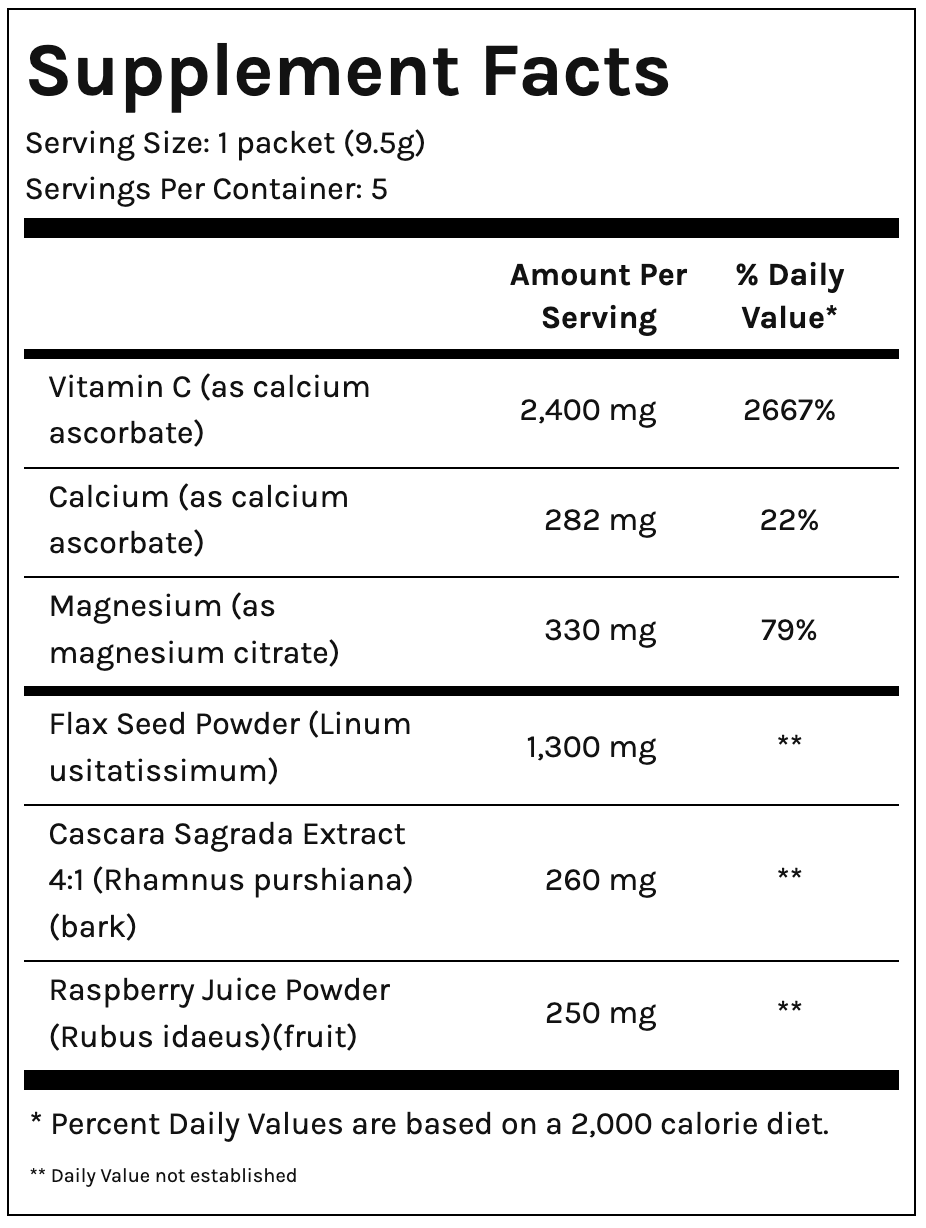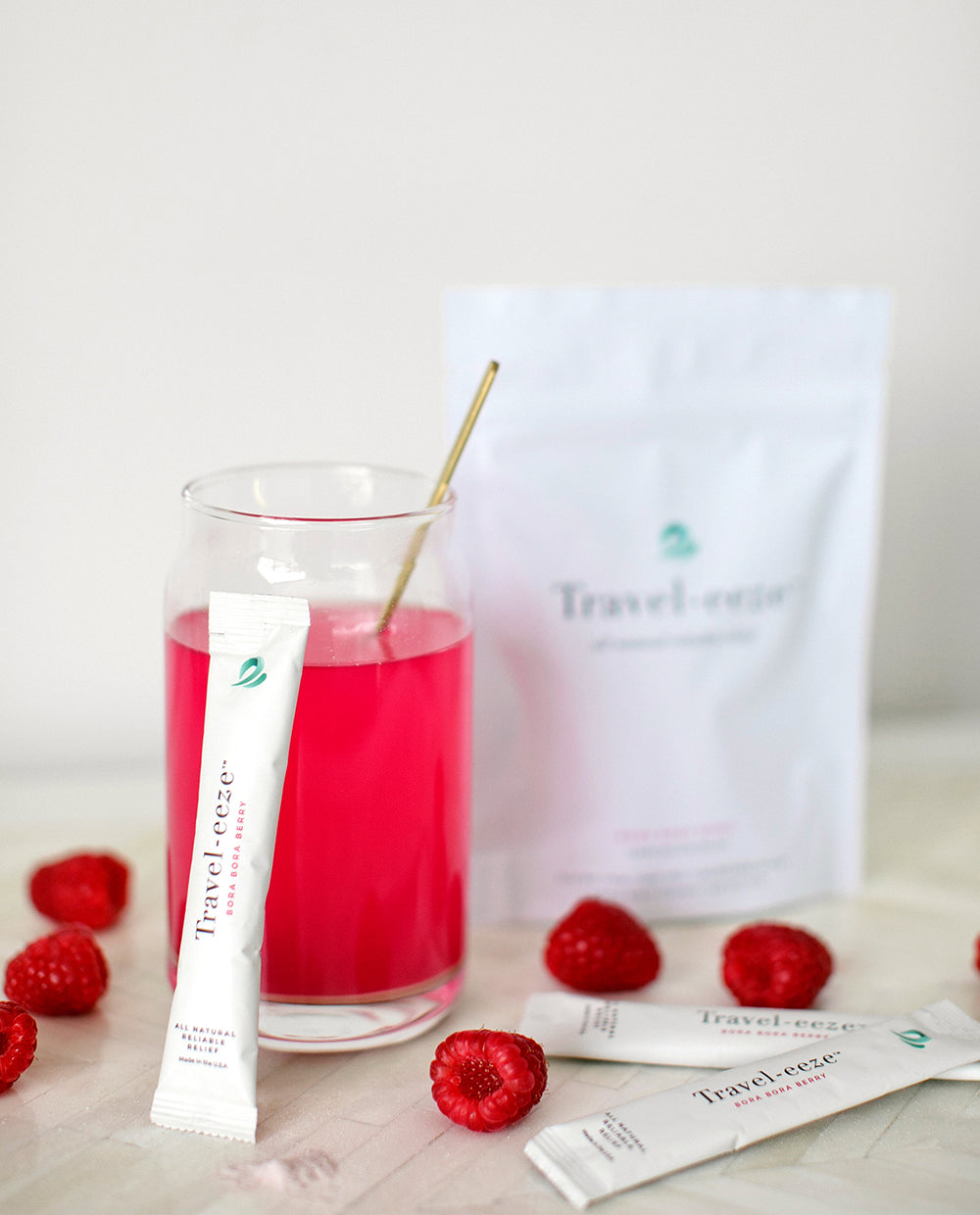Maintaining a healthy gut is crucial for overall well-being, as your gut is at the center of your body's ecosystem. From digestion and immunity to mood regulation and energy levels, your gut health influences nearly every aspect of your life. Here are some practical daily tips to optimize your gut health and feel your best:
1. Start Your Day with Hydration
Begin your morning with a glass of warm water, ideally with a squeeze of lemon. This helps flush out toxins and kick-starts your digestive system. Proper hydration throughout the day supports smooth digestion and prevents constipation.
2. Incorporate Fiber-Rich Foods
Fiber is your gut’s best friend. It helps regulate digestion, feeds healthy gut bacteria, and keeps you regular. Aim to include a mix of soluble and insoluble fiber in your meals from fruits, vegetables, whole grains, legumes, and seeds like chia and flaxseeds.
3. Eat Fermented Foods
Fermented foods like yogurt, kefir, sauerkraut, kimchi, and kombucha contain probiotics—beneficial bacteria that help maintain a healthy gut flora. Including these foods in your diet regularly can improve digestion and boost immunity.
4. Diversify Your Diet
A diverse gut microbiome is a healthy one. Eating a wide variety of foods ensures that your gut bacteria get different nutrients, leading to better digestion and overall health. Try adding new fruits, vegetables, and plant-based foods to your meals each week.
5. Watch Your Sugar and Processed Food Intake
Excess sugar and processed foods can cause an imbalance in your gut bacteria, promoting the growth of harmful bacteria and leading to inflammation. Limit your intake of these foods, and instead, focus on whole, nutrient-dense options.
6. Eat Mindfully
How you eat is just as important as what you eat. Chew your food slowly and thoroughly to help break it down properly before it reaches your stomach. This reduces the load on your digestive system and helps prevent bloating and indigestion.
7. Manage Stress
Chronic stress can disrupt your gut microbiome and lead to digestive issues such as irritable bowel syndrome (IBS). Incorporate stress-management techniques like meditation, yoga, deep breathing exercises, or even short walks to keep your gut—and mind—calm.
8. Get Enough Sleep
Quality sleep plays a vital role in gut health. Poor sleep can negatively impact the balance of gut bacteria, leading to inflammation and digestive issues. Aim for 7-9 hours of restful sleep each night to allow your body and gut to recharge.
9. Exercise Regularly
Physical activity stimulates digestion and helps move food through the intestines. Even light activities like walking can have a positive impact on gut health. Aim for 30 minutes of exercise daily, which also promotes the growth of beneficial bacteria.
10. Take a Probiotic Supplement
If you’re not getting enough probiotics from food, consider adding a probiotic supplement to your routine. Look for a high-quality supplement with multiple strains of bacteria to support your gut health. A product like Travel-eeze (perfect for those on the go!) could be a great option to keep your gut in check while traveling.
11. Avoid Overeating
Overeating puts extra strain on your digestive system, making it harder for your gut to break down and absorb nutrients. Practice portion control, and stop eating when you feel about 80% full—your body needs time to signal that it’s satisfied.
12. Limit Antibiotic Use
While antibiotics are sometimes necessary, overuse can wipe out beneficial bacteria in your gut. When prescribed, follow your doctor’s instructions carefully and consider taking probiotics to help restore your gut’s balance afterward.
Make Gut Health a Daily Priority
By making small, consistent changes to your daily routine, you can improve your gut health and support your body’s overall wellness. Listen to your body, stay mindful of what and how you eat, and enjoy the benefits of a balanced and happy gut!





